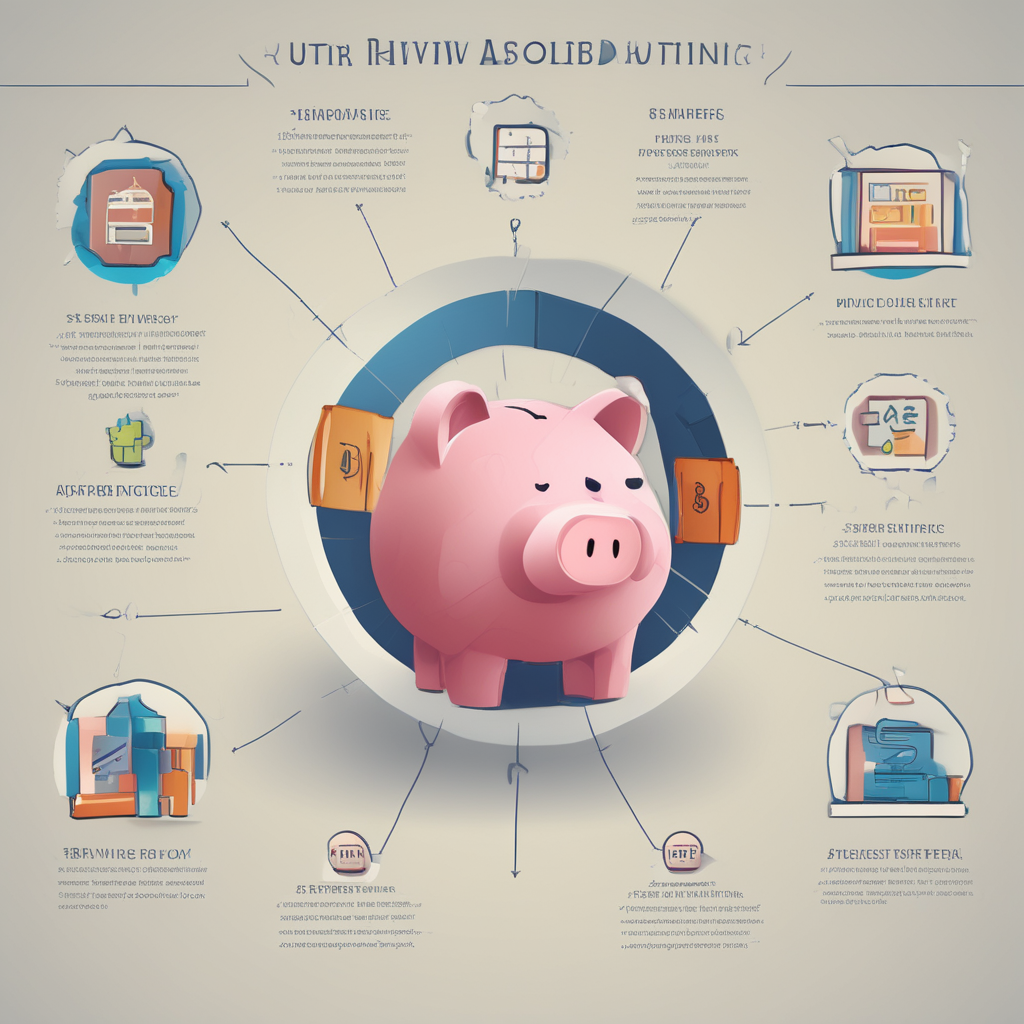Your 30s are a pivotal decade for financial stability and growth. By establishing a solid financial foundation now, you set yourself up for a secure and prosperous future. Whether you’re advancing in your career, managing family responsibilities, or planning for long-term goals, the steps you take today can have a profound impact on your financial well-being. Here’s how to build a strong financial foundation in your 30s with practical, actionable advice.
1. Create a Comprehensive Budget
1.1. Track Your Income and Expenses
Start by tracking all sources of income and monthly expenses. Use budgeting apps or spreadsheets to categorize and monitor your spending. This will help you understand where your money goes and identify areas where you can cut back.
1.2. Set Realistic Financial Goals
Establish clear, achievable financial goals for the short-term and long-term. Whether it’s saving for a down payment on a house, paying off debt, or building an emergency fund, having specific targets will keep you motivated and focused.
1.3. Allocate Funds Wisely
Allocate a portion of your income to essential categories such as savings, retirement, debt repayment, and discretionary spending. Prioritize high-interest debt and essential expenses to create a balanced budget.
2. Build an Emergency Fund
2.1. Save for Unexpected Expenses
An emergency fund acts as a financial safety net in case of unexpected events like job loss, medical emergencies, or major repairs. Aim to save three to six months’ worth of living expenses in a high-yield savings account.
2.2. Automate Your Savings
Set up automatic transfers to your emergency fund to ensure consistent contributions. Automating your savings makes it easier to build your fund without having to remember to make manual deposits.
3. Prioritize Debt Repayment
3.1. Evaluate Your Debt
Take stock of all your debts, including credit cards, student loans, and personal loans. List them by balance and interest rate to develop a strategy for repayment.
3.2. Use the Snowball or Avalanche Method
Choose a debt repayment strategy that suits you. The snowball method focuses on paying off the smallest debts first, while the avalanche method prioritizes high-interest debt. Both methods can be effective; pick the one that keeps you motivated.
3.3. Avoid Accumulating New Debt
Be cautious about taking on new debt, especially for non-essential purchases. Use credit responsibly and aim to pay off your balance in full each month to avoid accruing interest.
4. Invest for the Future
4.1. Start Contributing to Retirement Accounts
If you haven’t already, start contributing to retirement accounts like a 401(k) or IRA. Take advantage of employer match programs and tax benefits to maximize your retirement savings.
4.2. Diversify Your Investments
Diversification helps manage risk and improve potential returns. Invest in a mix of assets such as stocks, bonds, and real estate. Consider low-cost index funds or ETFs as part of your investment strategy.
4.3. Regularly Review and Adjust
Regularly review your investment portfolio to ensure it aligns with your risk tolerance and financial goals. Make adjustments as needed to stay on track.
5. Protect Your Assets
5.1. Obtain Adequate Insurance
Ensure you have appropriate insurance coverage for health, auto, home, and life. Insurance protects you from significant financial losses and provides peace of mind.
5.2. Create an Estate Plan
An estate plan, including a will and possibly a trust, helps ensure your assets are distributed according to your wishes. It also designates guardians for minor children and outlines your wishes for medical care.
5.3. Review Your Financial Plan Regularly
As your circumstances change, review and update your financial plan to reflect your current goals and needs. Regular reviews ensure your plan remains relevant and effective.
6. Focus on Personal Development
6.1. Invest in Your Career
Continuously seek opportunities for career advancement through additional education, certifications, or skill development. A higher income can enhance your financial stability and help you achieve your goals faster.
6.2. Network and Seek Advice
Build a network of financial advisors, mentors, and peers. Seeking advice from experienced professionals can provide valuable insights and help you make informed financial decisions

